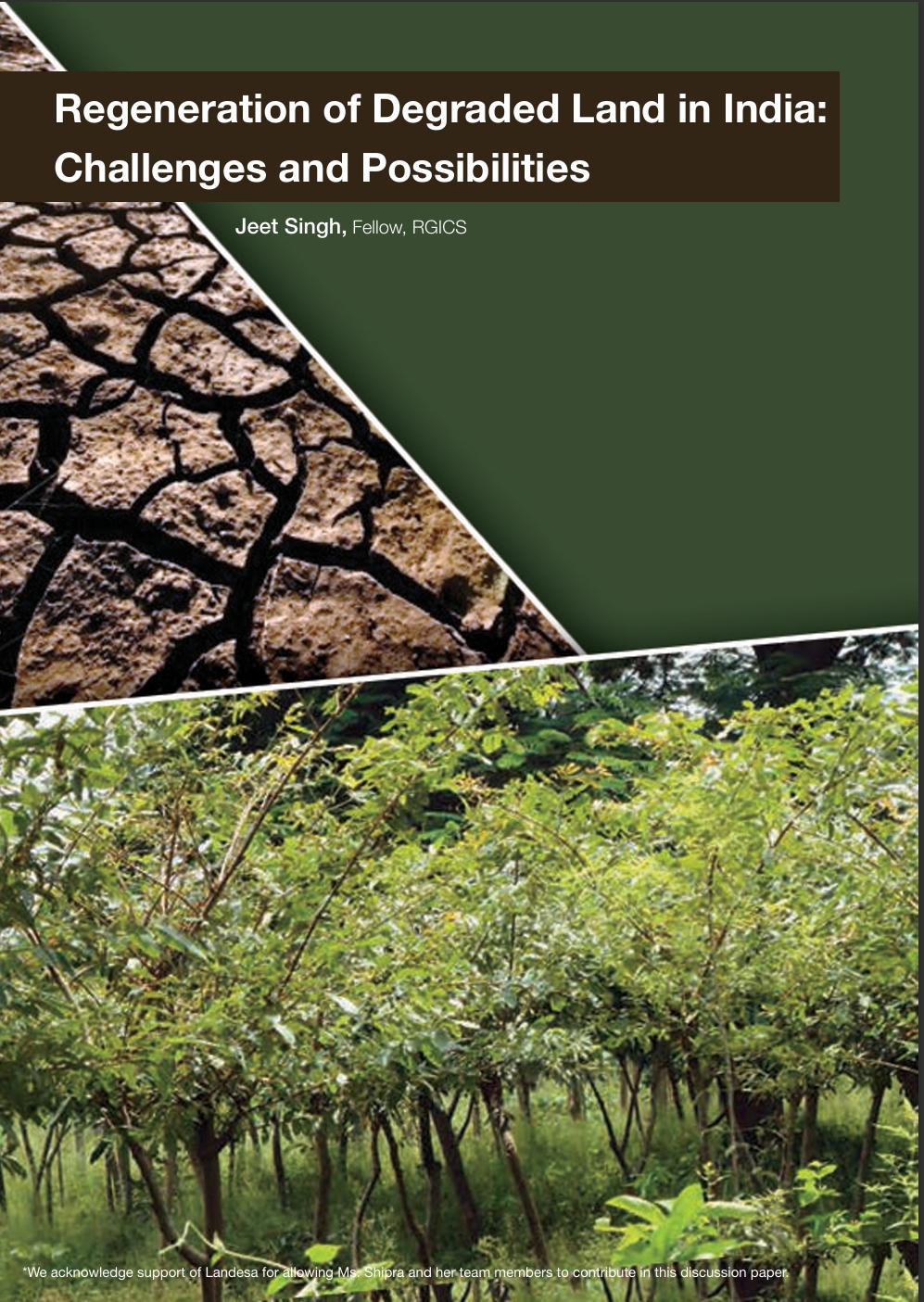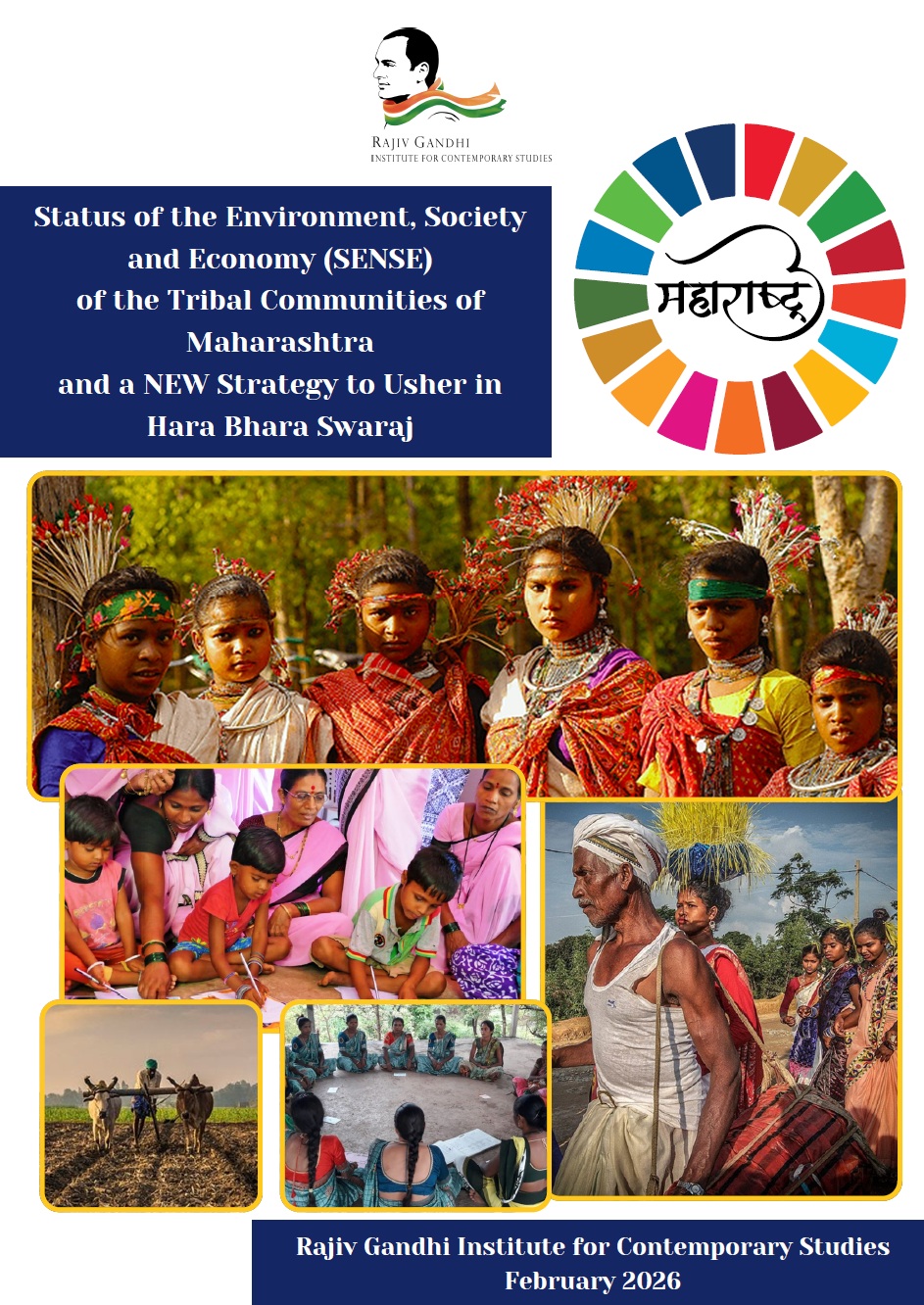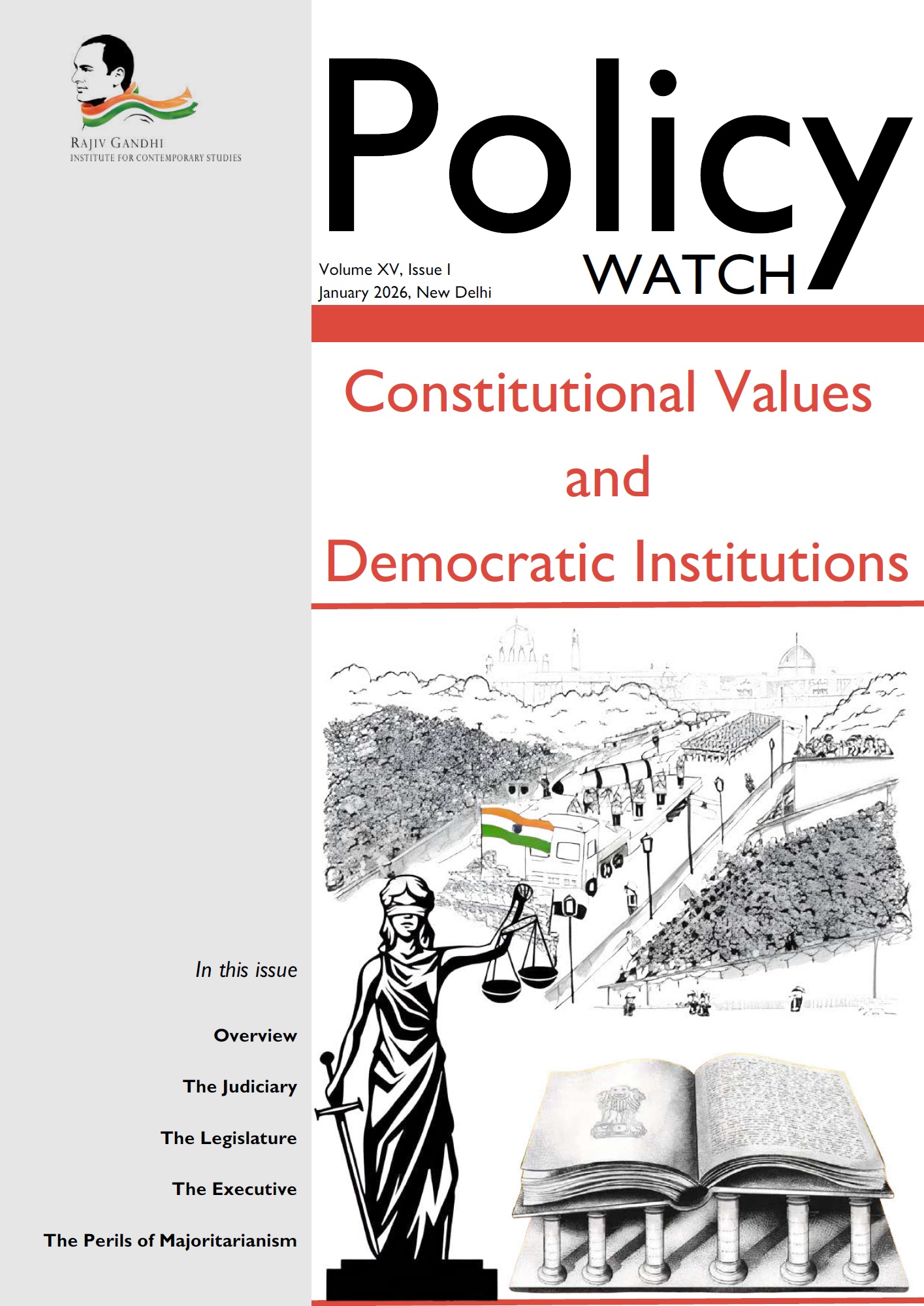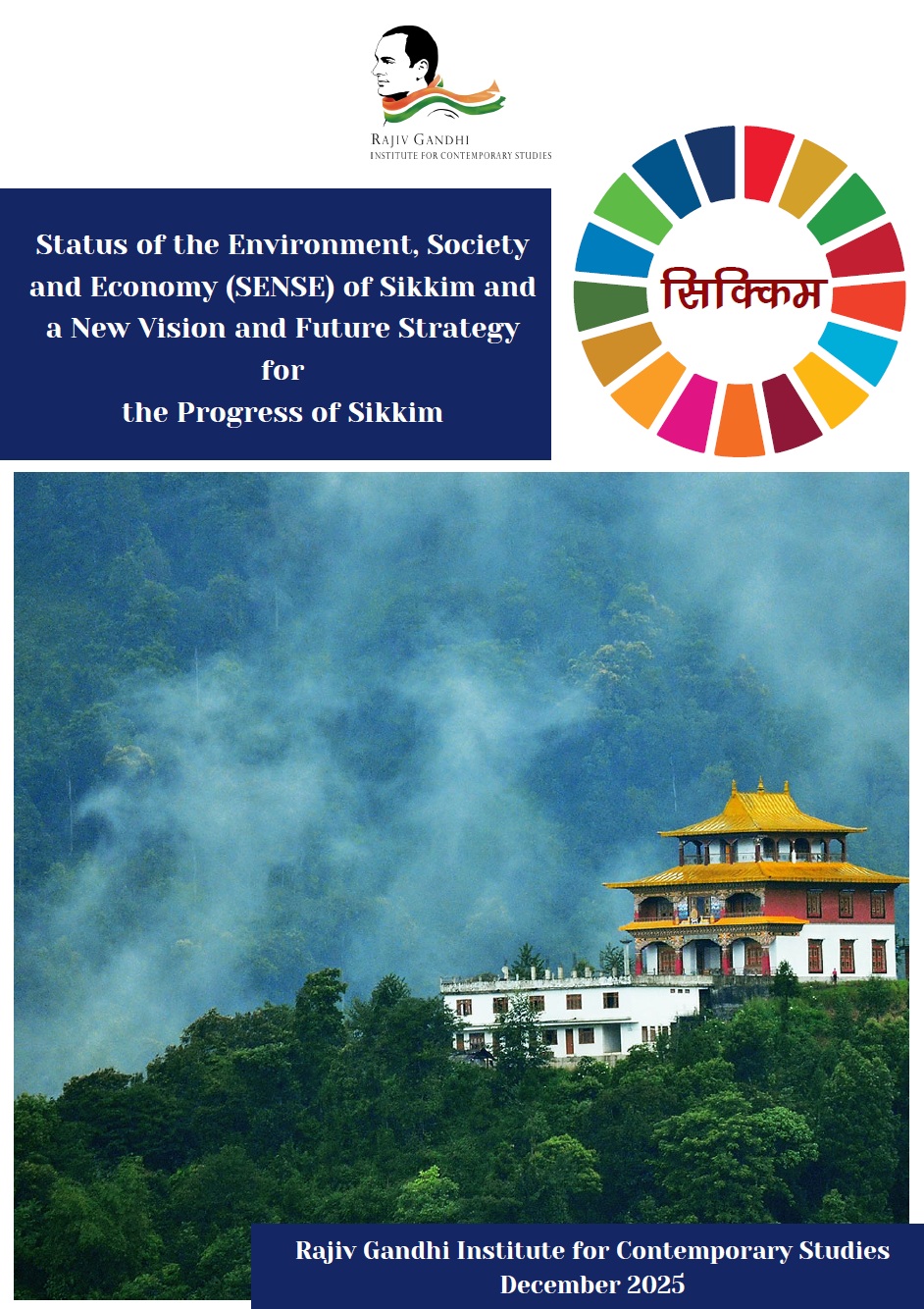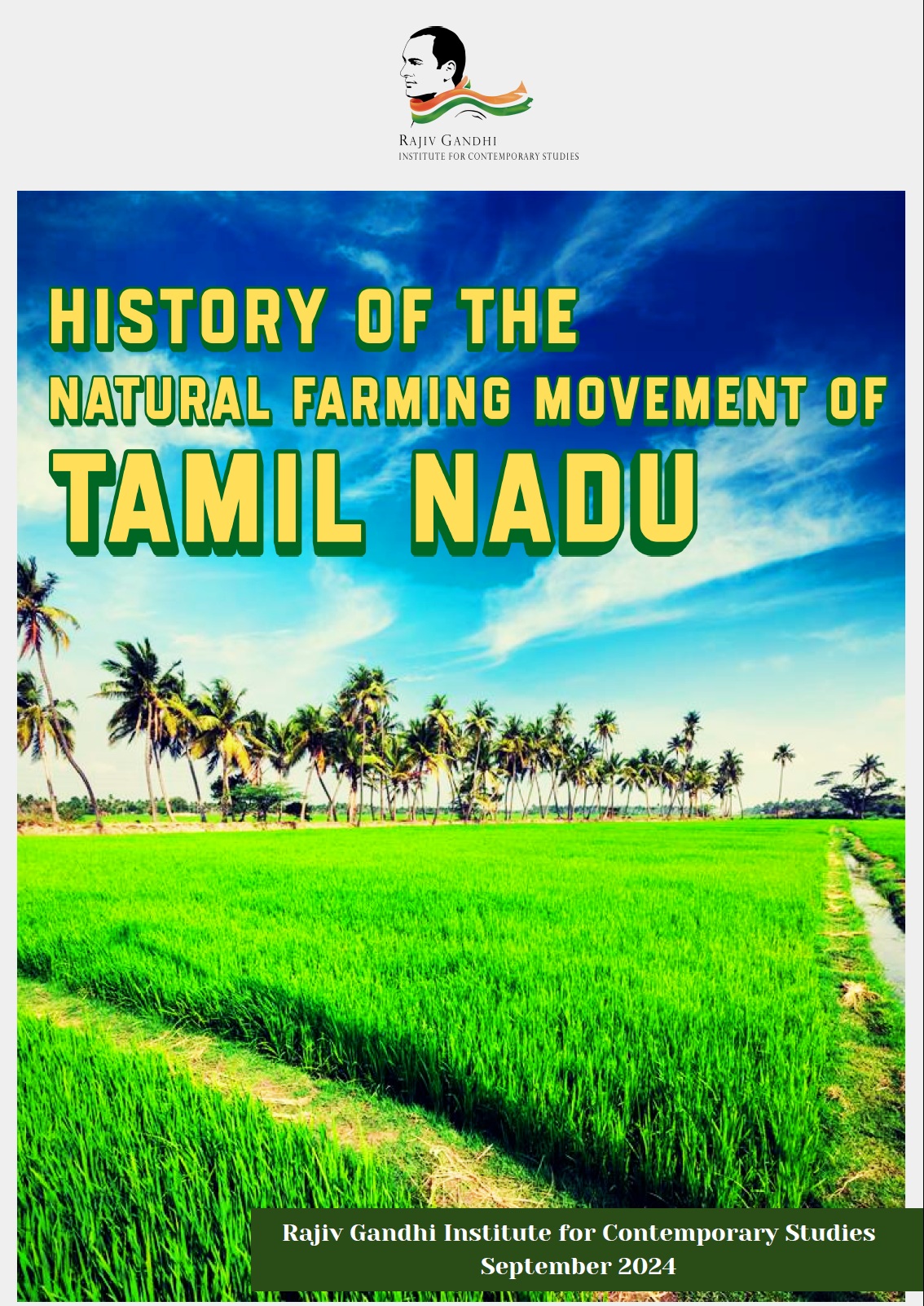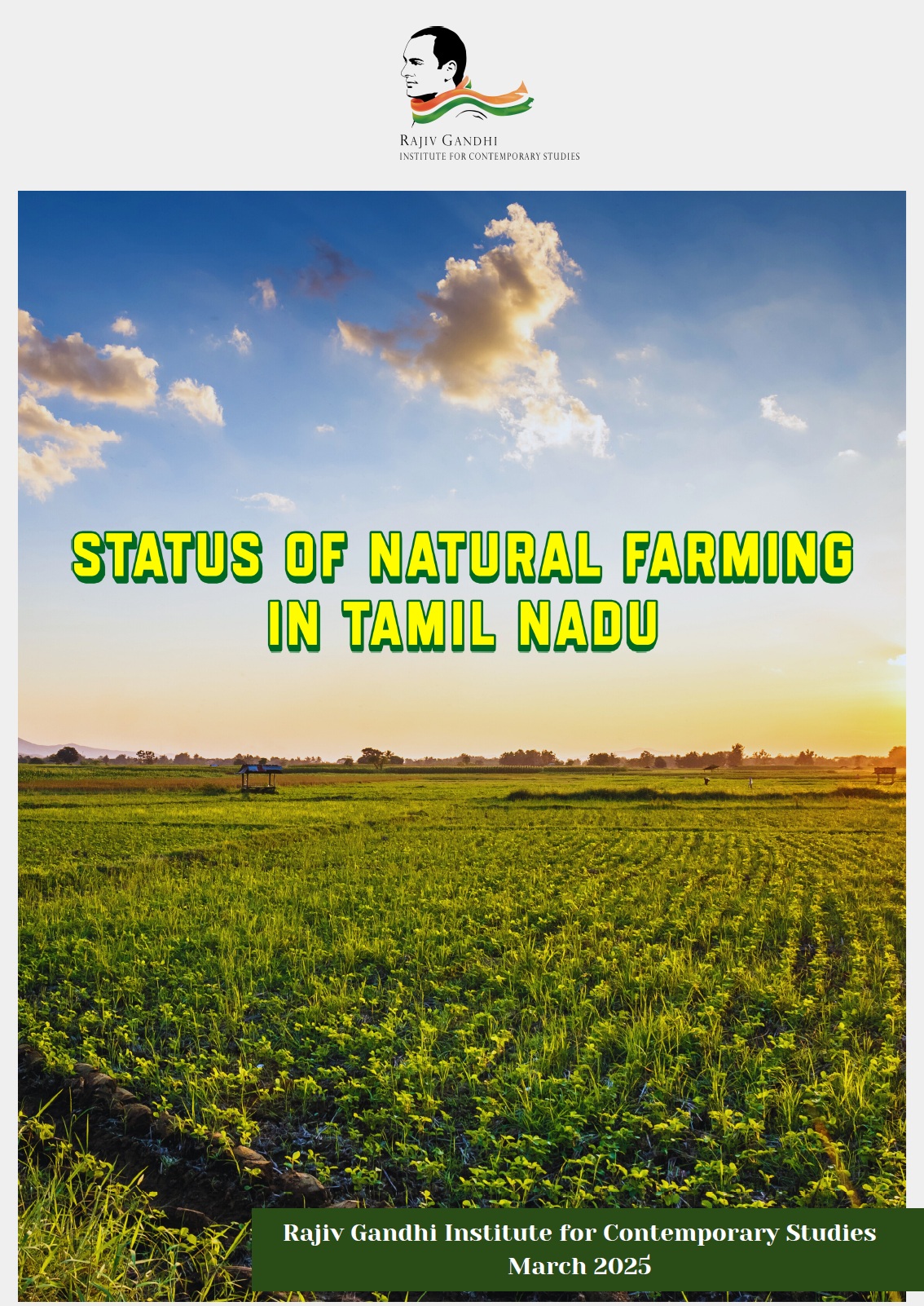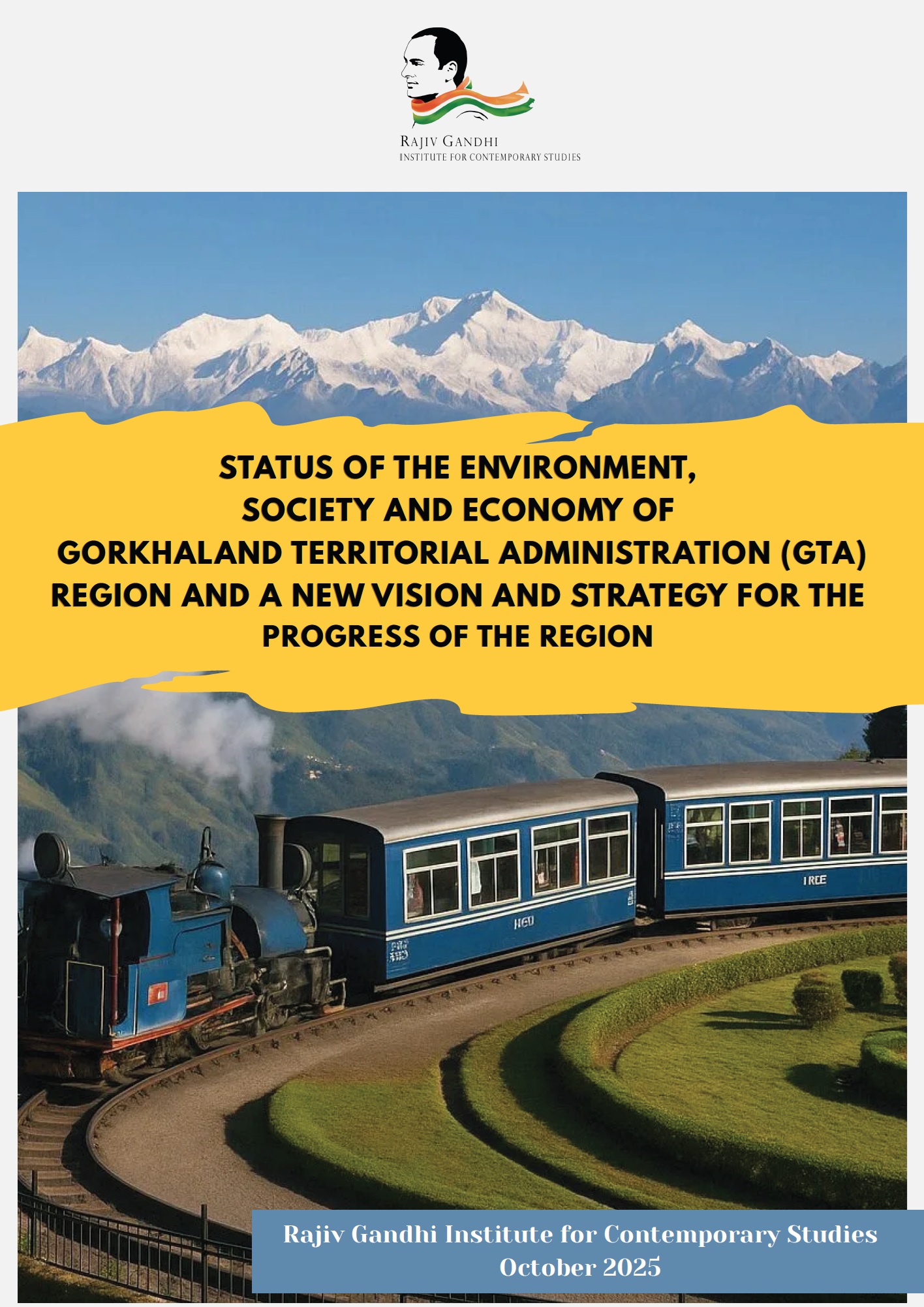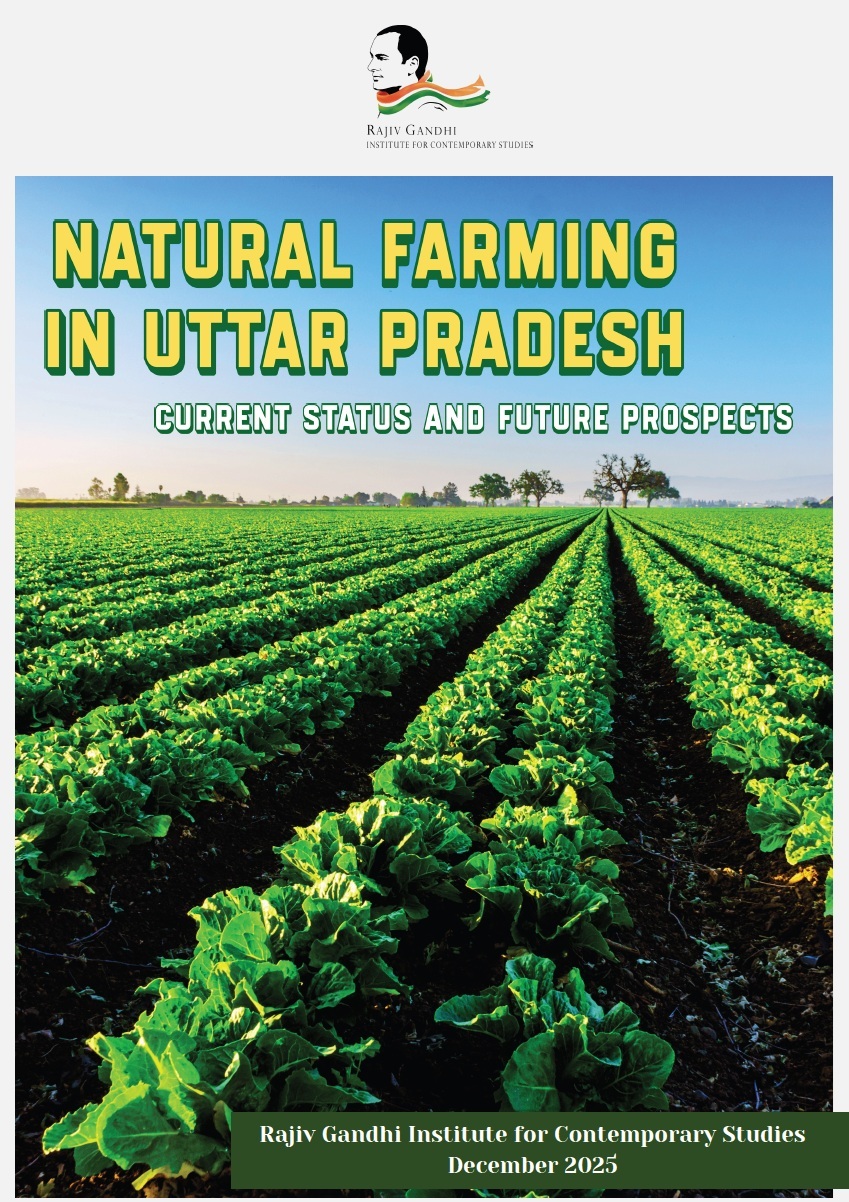This study makes it clear that India is facing a serious challenge with land degradation—nearly 30% of its total area is degraded or turning into desert. Despite numerous policies and initiatives aimed at reversing this trend, things are only getting worse. This is bad news not just for the environment and biodiversity but also for the millions of people whose livelihoods depend on healthy land. The main issues holding back progress include weak governance, poor funding, and unresolved problems around land rights and management.
India has made several international promises to tackle land degradation, including commitments under the United Nations Convention to Combat Desertification (UNCCD), the Paris Agreement’s Nationally Determined Contributions (NDCs), and the UN Convention on Biological Diversity (CBD). The country has pledged to restore 26 million hectares of degraded land by 2030 and increase forest cover to boost carbon capture. But progress is painfully slow, mainly because policies are scattered, funds are limited, and implementation is weak.
On the ground, India has launched several programs like the Green India Mission, MGNREGA (Mahatma Gandhi National Rural Employment Guarantee Act), CAMPA (Compensatory Afforestation Fund), and the Digital India Land Record Modernization Program. While these efforts are well-intentioned, they’re not coordinated enough to make a real difference.
The study also brings attention to a major blind spot—gender inequality. Even though women make up a large part of the agricultural workforce, they still own very little land. This inequality limits their opportunities and weakens their role in decision-making related to land management.
To move forward, the report suggests strengthening institutions, increasing funding, making land governance more inclusive, and actively involving communities in regeneration efforts. A collaborative approach involving government, local communities, and NGOs is essential if India wants to restore its degraded lands and build a more sustainable future.
Keywords: Land Regeneration, Land Degradation, Afforestation, Water Conservation, Policies, Conservation, MGNREGA (Mahatma Gandhi National Rural Employment Guarantee Act), Land Reforms, Climate Change, Sustainable Development
Regeneration of Degraded Land in India: Challenges and Possibilities
Send download link to:

